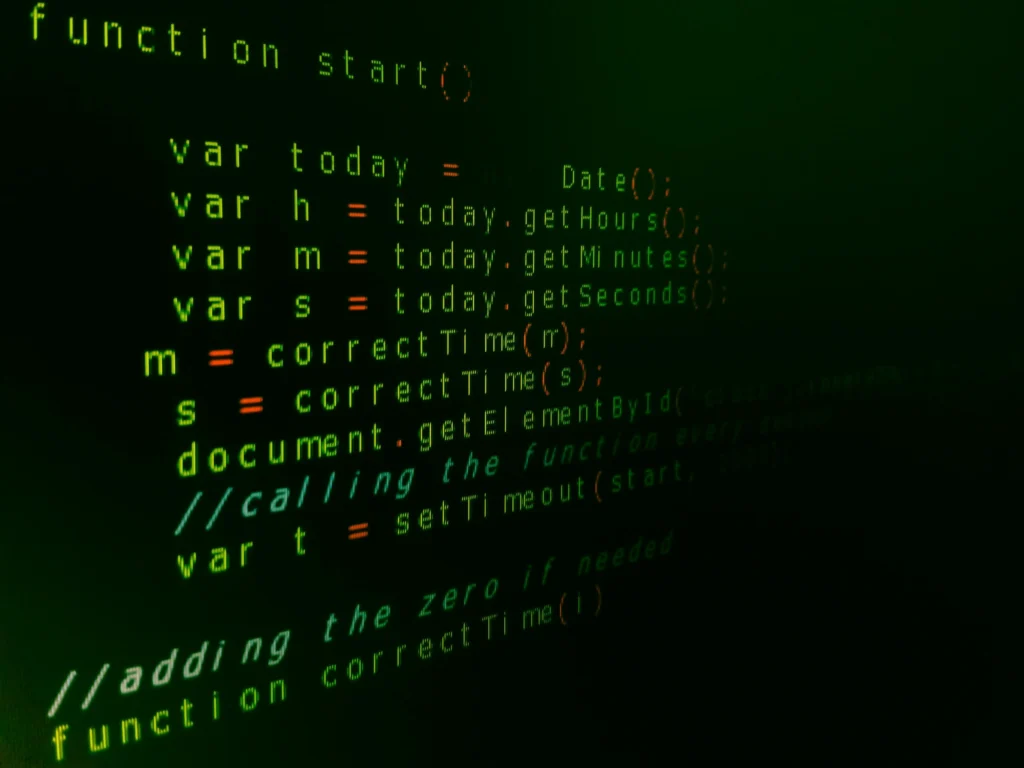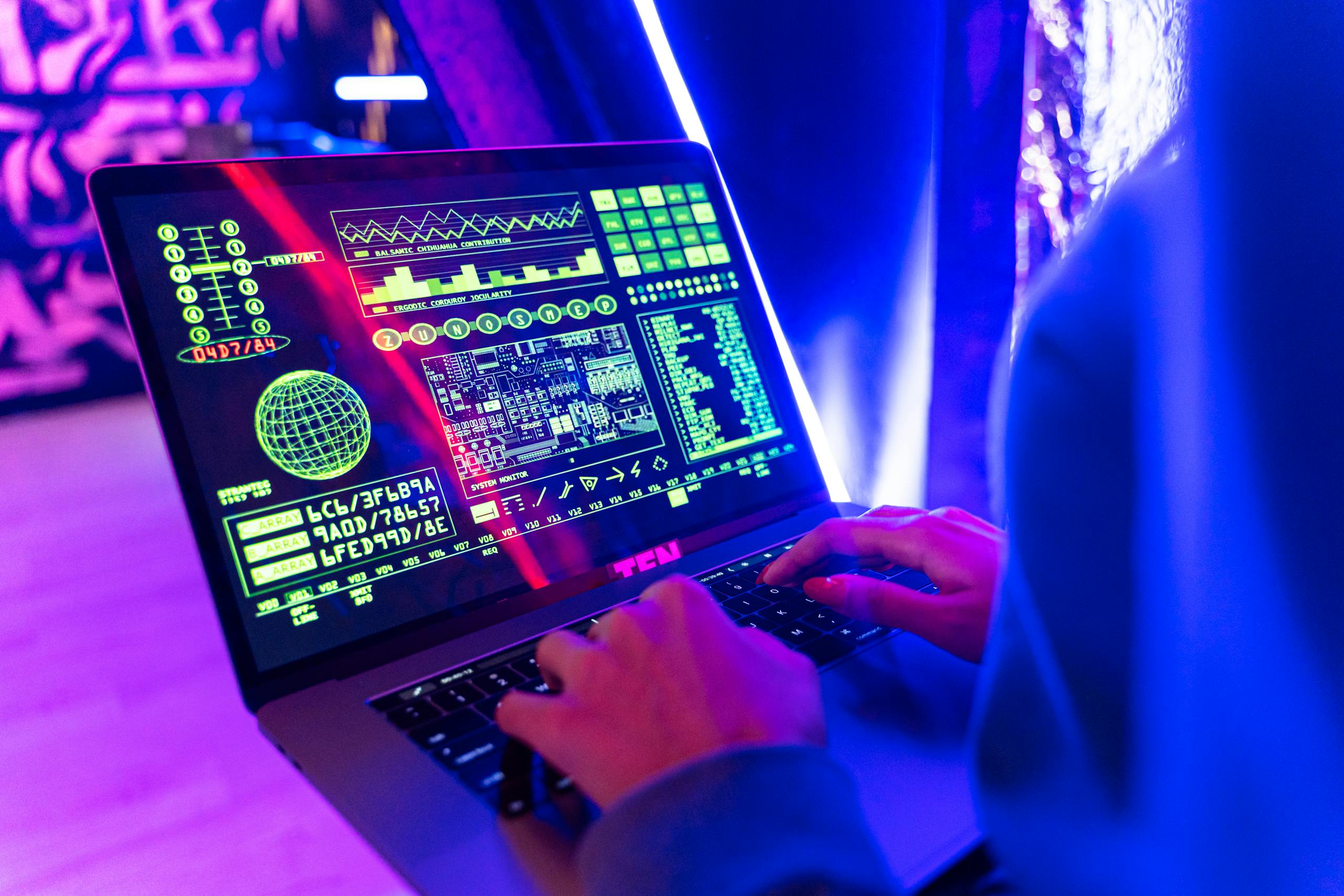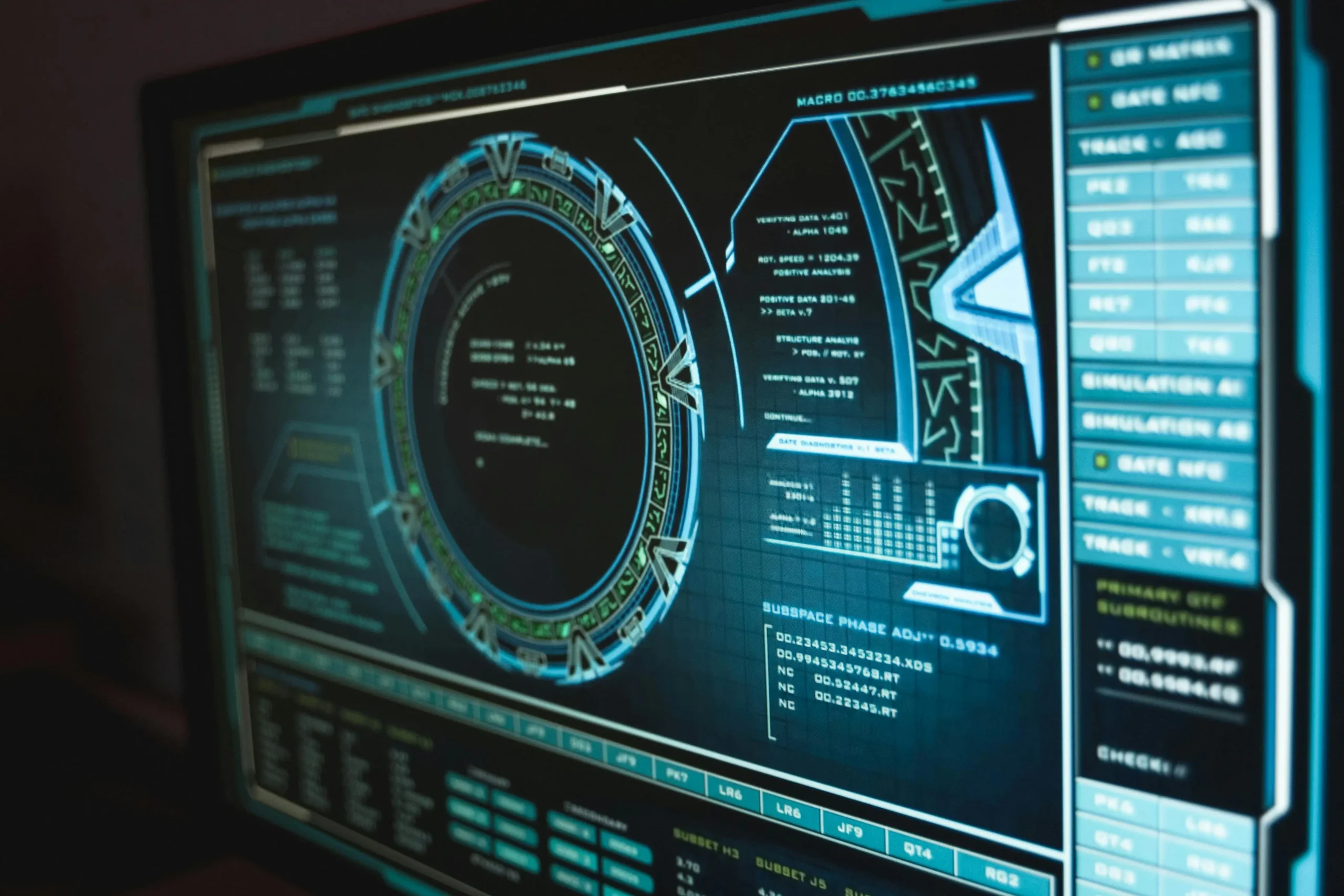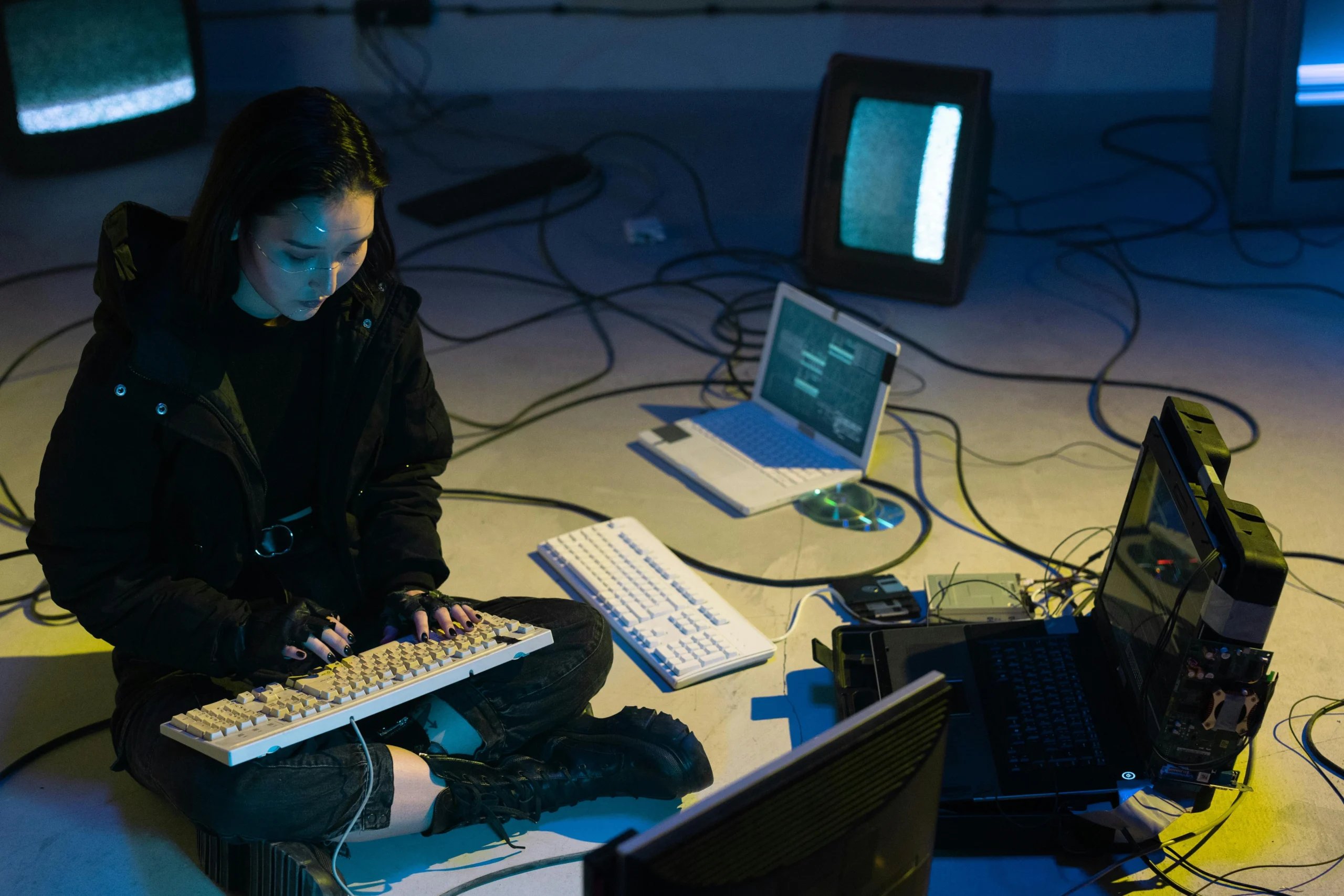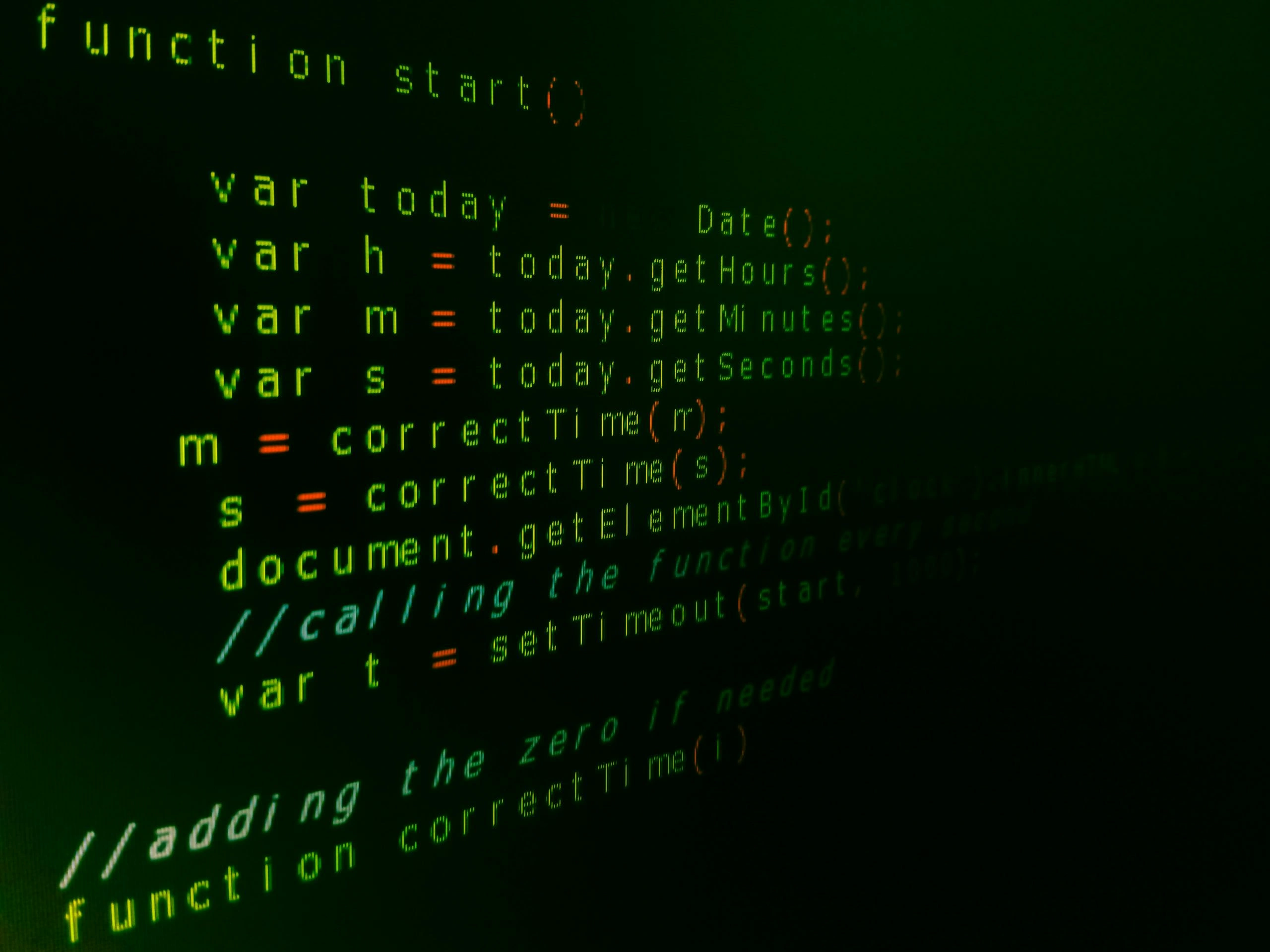Judicial systems worldwide, including Japan, grapple with significant inefficiencies, such as personnel shortages and prolonged procedures, undermining public trust. AI is increasingly seen as a potential solution, automating processes like case research and document generation, but the debate extends to whether AI should make rulings itself. This shift necessitates scrutiny of how much human judgment can be ceded to machines, challenging societal concepts of justice and accountability.
Countries are actively formulating regulations on AI in judicial contexts. The EU has implemented strict regulations categorizing AI used in justice as high-risk. The U.S. approaches this with a focus on constitutional principles, stressing that human judges must make final decisions based on due process. Japan maintains a cautious stance, emphasizing fairness and transparency before allowing AI to make significant judicial decisions, reflecting a broader global hesitance to fully relinquish judicial authority to AI, considering the inherent complexities of human judgment and ethics.
The future of AI in judiciary systems may evolve into synergistic frameworks where AI assists rather than replaces human decision-making. However, the underlying issue remains whether society is prepared to challenge and redefine accountability in an age where algorithms could dictate legal outcomes, suggesting a need for ongoing discourse on AI’s role in upholding justice and trust in legal systems.
👉 Pročitaj original: CIO Magazine
